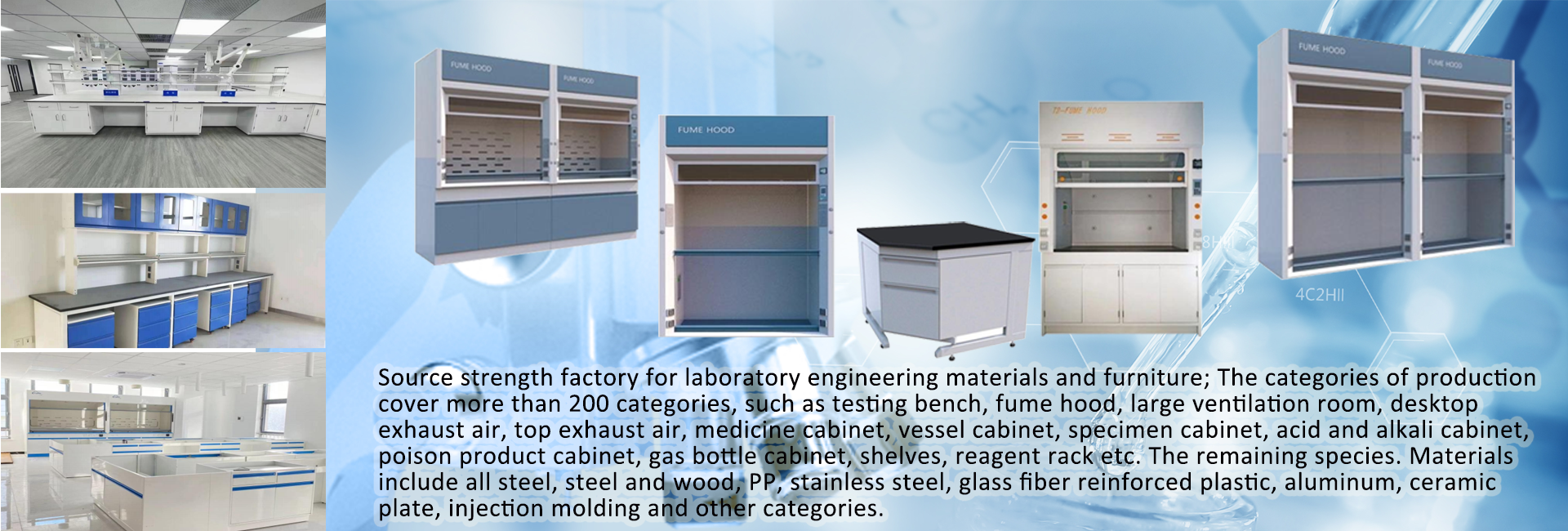Although plastics have many good properties, not every kind of plastics can have all good properties. Materials engineers and industrial designers must understand the properties of various plastics in order to design the perfect plastic products. The property of plastic, can be divided into basic physical property, mechanical property, thermal property, chemical property, optical property and electric property, etc. Engineering plastics refer to industrial plastics used as industrial parts or shell materials. They are plastics with excellent strength, impact resistance, heat resistance, hardness and anti-aging properties. The Japanese industry will define it as “can be used as a structural and mechanical parts of high-performance plastics, heat resistance above 100℃, mainly used in industry”.
Below we will list some commonly used testing instruments:
1.Melt Flow Index(MFI):
Used for measuring the melt flow rate MFR value of various plastics and resins in viscous flow state. It is suitable for engineering plastics such as polycarbonate, polyarylsulfone, fluorine plastics, nylon and so on with high melting temperature. Also suitable for polyethylene (PE), polystyrene (PS), polypropylene (PP), ABS resin, polyformaldehyde (POM), polycarbonate (PC) resin and other plastic melting temperature is low test. Meet the standards: ISO 1133,ASTM D1238,GB/T3682
The test method is to let the plastic particles melt into plastic fluid within a certain time (10 minutes), under a certain temperature and pressure (different standards for various materials), and then flow out through a 2.095mm diameter of the number of grams (g). The greater the value, the better the processing liquidity of the plastic material, and vice versa. The most commonly used test standard is ASTM D 1238. The measuring instrument for this test standard is Melt Indexer. The specific operation process of the test is: the polymer (plastic) material to be tested is placed into a small groove, and the end of the groove is connected with a thin tube, the diameter of which is 2.095mm, and the length of the tube is 8mm. After heating to a certain temperature, the upper end of the raw material is squeezed downward by a certain weight applied by the piston, and the weight of the raw material is measured within 10 minutes, which is the flow index of the plastic. Sometimes you will see the representation MI25g/10min, which means that 25 grams of the plastic has been extruded in 10 minutes. The MI value of commonly used plastics is between 1 and 25. The larger the MI, the smaller the viscosity of the plastic raw material and the smaller the molecular weight; otherwise, the larger the viscosity of the plastic and the larger the molecular weight.
2.Universal Tensile Testing Machine(UTM)
Universal material testing machine (tensile machine) : testing the tensile, tearing, bending and other mechanical properties of plastic materials.
It can be divided into the following categories:
1)Tensile strength&Elongation:
Tensile strength, also known as tensile strength, refers to the size of the force required to stretch plastic materials to a certain extent, usually expressed in terms of how much force per unit area, and the percentage of the stretch length is the elongation. Tensile strength The tensile speed of the specimen is usually 5.0 ~ 6.5mm/min. Detailed test method according to ASTM D638.
2)Flexual strength&Bending strength:
Bending strength, also known as flexural strength, is mainly used to determine the flexural resistance of plastics. It can be tested in accordance with ASTMD790 method and is often expressed in terms of how much force per unit area. General plastics to PVC, Melamine resin, epoxy resin and polyester bending strength is the best. Fiberglass is also used to improve the folding resistance of plastics. Bending elasticity refers to the bending stress generated per unit amount of deformation in the elastic range when the specimen is bent (test method such as bending strength). In general, the greater the bending elasticity, the better the rigidity of the plastic material.
3)Compressive strength:
Compression strength refers to the ability of plastics to withstand external compression force. The test value can be determined according to ASTMD695 method. Polyacetal, polyester, acrylic, urethral resins and meramin resins have outstanding properties in this respect.
3.Cantilever impact testing machine/ Simply supported beam impact testing machine
Used for testing the impact toughness of non-metallic materials such as hard plastic sheet, pipe, special-shaped material, reinforced nylon, glass fiber reinforced plastic, ceramic, cast stone electric insulating material, etc
In line with the international standard ISO180-1992 “plastic – hard material cantilever impact strength determination”; The national standard GB/ T1843-1996 “hard plastic cantilever impact test method”, the mechanical industry standard JB/ T8761-1998 “plastic cantilever impact testing machine”.
4.Environmental tests: simulating the weather resistance of materials.
1)Constant temperature incubator, constant temperature and humidity testing machine is electrical appliances, aerospace, automotive, home appliances, paint, chemical industry, scientific research in areas such as the stability of the temperature and humidity testing equipment reliability, necessary for industry parts, primary parts, semi-finished products, electrical, electronics and other products, parts and materials for high temperature, low temperature, cold, damp and hot degree or constant test of temperature and humidity environment test.
2)Precision aging test box, UV aging test box (ultraviolet light), high and low temperature test box,
3)Programmable Thermal Shock Tester
4)Cold and hot impact testing machine is electrical and electrical appliances, aviation, automotive, home appliances, coatings, chemical industry, national defense industry, military industry, scientific research and other fields necessary test equipment, It is suitable for the physical changes of parts and materials of other products such as photoelectric, semiconductor, electronics-related parts, automobile parts and computer related industries to test the repeated resistance of materials to high and low temperature and the chemical changes or physical damage of products during thermal expansion and cold contraction.
5)High and low temperature alternating test chamber
6)Xenon-lamp Weather Resistance Test Chamber
7)HDT VICAT TESTER
Post time: Jun-10-2021




